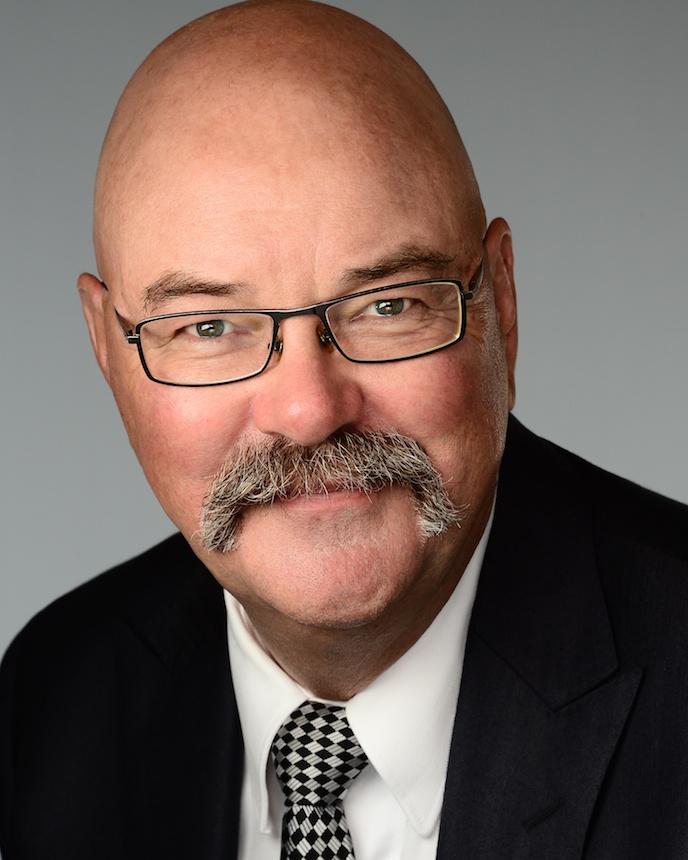July 1997 page 4
A game full of snakes, but no ladders
By Rob Knowsley
SIR: The short article entitled "Compensation Legal Costs Spotlighted", in the May 1997 edition of theLaw Society Journal highlights issues raised by the Parliamentary Committee on Reforms to the Motor Accident legislation.
The CEO, Mark Richardson, drew attention to some of the views expressed during the hearing.
It appears from many of the views expressed during the hearing that the determination of those who have a say in these matters for lawyers to face a level playing field with other business operations does not extend to lawyers being able to charge reasonable fees for reasonable work.
Whenever a group of lawyers acquires skills and an ability to market those skills to the public, someone else seems to want to jump in and circumscribe those lawyers' capacity to take advantage of the development of that skill and business expertise.
It's noted that one of the views expressed was that where there was no real risk of the plaintiff losing a case, uplift fees were difficult to justify.
This obviously begs the question of what the real risk is, but surely the more important point is that in most of these cases lawyers are agreeing not to charge fees throughout the matter, and often to carry disbursements as well in return for an uplift of a measly 25 per cent of normal reasonable fees should the outcome be successful. Is the playing field to be all risk and no extra reward?
There appears also to be a bland view expressed that the costs assessment system has appeared to increase orders in favour of lawyers.
This might hardly be regarded as surprising if it was considered that the prev ious systems conspired to reward lawyers poorly for their skill and effort.
There also appears to be an element of 'shock horror' in the statement. Surely those who thought that costs assessment would save a great deal of time and money didn't assume that the only other result would be that lawyers' fees would decrease?
Finally, the view appears to have been expressed that the, 'lack of control over advertising', may need to be looked at.
What this appears to be saying, of course, is that forcing lawyers to operate on the same playing field as all other businesses in relation to misleading advertising or deceptive practices may not have resulted in a decrease in lawyers' costs.
'Surprise, surprise', it may have resulted in some lawyers improving their marketing skills and giving information to the public in such a manner that they become more aware of what their rights genuinely are, and properly appraised of those rights, surprisingly decide to exercise them.
We are left with the obvious perception that some of those who have to pay claims to members of the public (and pay legal fees for claimant's lawyers) would have preferred that as many members of the public as possible be kept in the dark.
The fact that this doesn't appear to have happened in some cases should hardly be a reason for a knee-jerk response on solicitors' costs.
What it may be saying in fact is that there was an enormous lack of foresight by the planners in the insurance arena, completely down playing the ability of lawyers to advertise effectively and not just fight with each other over the available plaintiffs, but actually increase the size of the market by making more plaintiffs aware of their existing rights.
Surely, this lack of foresight should be visited on the pockets of the planners, and not sheeted home to the lawyers through devices designed to artificially control the market place?
The philosophy seems to be designed to make it easy for lawyers to encounter downward market pressures and very hard to keep the benefits of upward pressures they generate!
This sort of behaviour is pretty typical of the way the deregulation scenario has evolved for lawyers in recent years, and practitioners should be watching very closely to see just how level is the playing field upon which they are expected to continue to play.

No comments:
Post a Comment